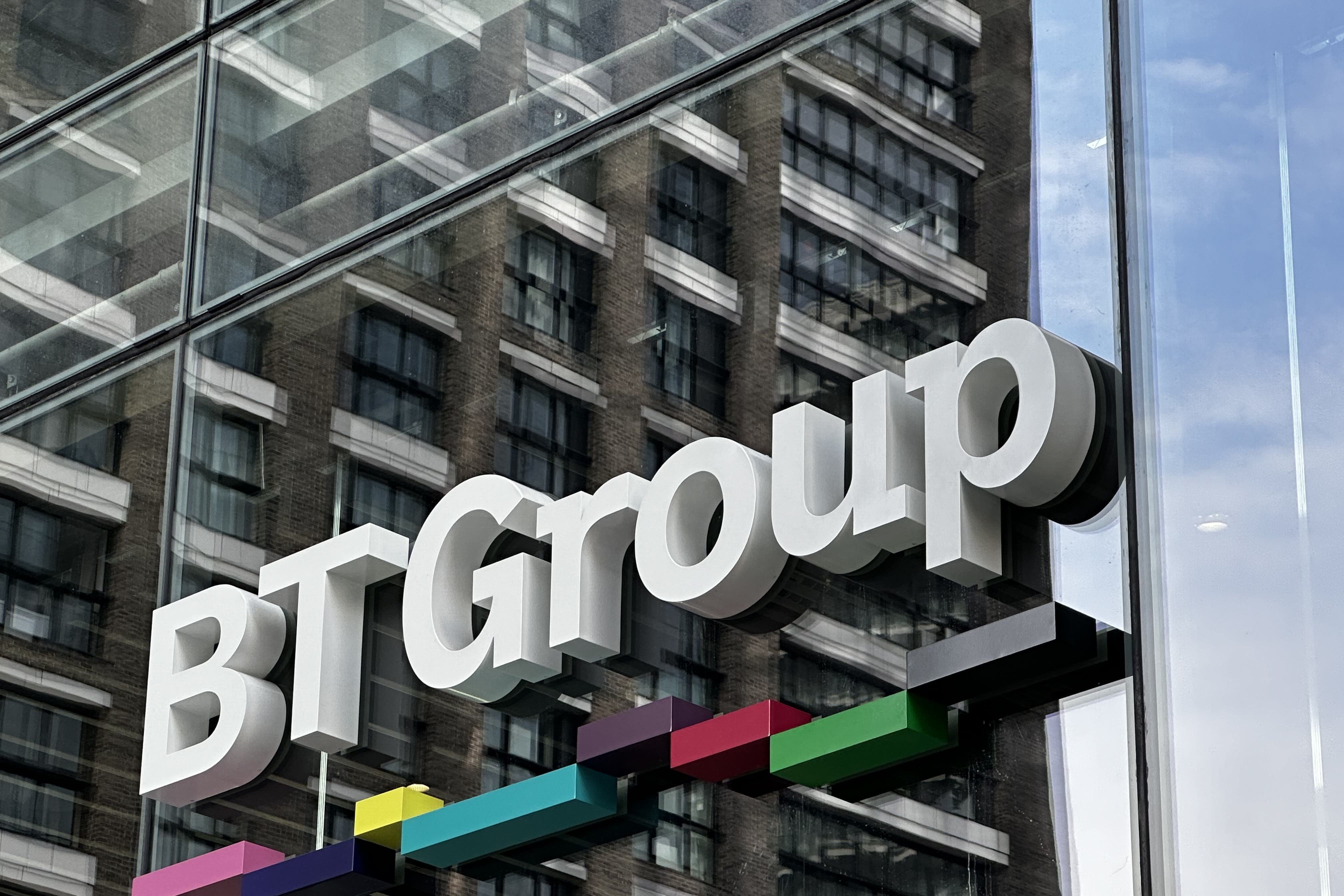Tribunal hears of BT’s ‘abusive’ pricing practices towards landline customers
Customers could be in line for between £300 and £400 in compensation if the class action claim is successful.

A hearing has heard allegations that BT carried out “abusive” pricing practices against landline customers in a class action seeking £1.3 billion in compensation.
Customers could be in line for between £300 and £400 depending on the length of their contract with BT if Collective Action on Land Lines (Call) founder Justin Le Patourel is successful.
Ronit Kreisberger KC, acting for Mr Le Patourel, told the Competition Appeal Tribunal that the claim was that BT had been charging these customers “excessive and unfair” prices for standalone landlines and calls in violation of its special responsibility as a dominant firm under section 18 of the Competition Act.
In BT's own words, they describe price competition in bundles as fierce, and the deals being offered as aggressive
The hearing heard that BT was the statutory incumbent monopolist in telecoms for many years, which it accepted in its evidence put it in a unique position, “and with that unique history comes a special responsibility to its customers.
Ms Kreisberger said: “Now one of the features of BT’s singular position is that it’s inherited a legacy base of landline customers. Those are customers for whom BT didn’t have to compete to acquire them, they were a boon of its monopoly past.”
BT was subject to regulatory constraints on its conduct as incumbent, which included price control, but was freed from these “regulatory shackles” between 2006 and 2009, the hearing heard.
This allowed BT to set the prices which its landline customers had to pay for their SFV (standalone fixed voice) services, and also allowed it to enter the bundles market and offer prices which were unconstrained by the prices it was charging for the fixed voice and broadband component parts.
Ms Kreisberger said: “In BT’s own words, they describe price competition in bundles as fierce, and the deals being offered as aggressive.
“Operating in the bundles market meant pricing low. BT wouldn’t have got very far if it priced its bundles by adding together the standalone prices for line rental and broadband. It had to price by reference to the lively conditions of competition in the bundles market.
“The stage was then set for BT’s abusive pricing practices which are the subject matter of the claim.”
As far back as 2006, Ofcom “sounded the warning” that certain consumer groups could be vulnerable to price rises by BT in the future, in particular in retail telephony markets.
The hearing heard that Ofcom’s main concern was that BT could use its market power to push prices above competitive levels.
Ms Kreisberger said: “And that warning proved prophetic. A decade later, in 2016, Ofcom was telling BT in no uncertain terms, ‘Look me in the eye, we’re going to have to re-regulate.’”
An investigation by Ofcom provisionally concluded that BT was exploiting its market power over all of its SFV customers – those with and those without broadband – “by repeatedly ratcheting up their prices every year since de-regulation to supra competitive levels”.
The regulator was particularly concerned that while people who were buying bundles were getting more for their money than ever before, “SFV customers were being left behind”, with Ofcom saying that these customers’ loyalty to BT was leading to higher prices.
Ofcom ultimately accepted BT’s offer to settle, which took the form of BT undertaking to cut prices to voice-only customers.
Ms Kreisberger told the hearing: “That brings me to the class representative’s claim, which is that BT has exploited its market power over SFV customers by extracting ever higher prices from them for their landlines and calls year after year, starting in 2009 when it had shrugged off the last of the regulatory constraints, except for that brief period when they were under investigation for excessive charging by Ofcom, because one can quite see that price rises at a time like that is not a good look.
“This is all upside for BT, because at the same time as prices were going up, costs were coming down.
“By the time you get to the start of the claim period in 2015, six years later, the SFV prices charged by BT had soared far above competitive levels. Those are the prices we say are excessive and unfair.”
The hearing is set to continue for six weeks.
Bookmark popover
Removed from bookmarks